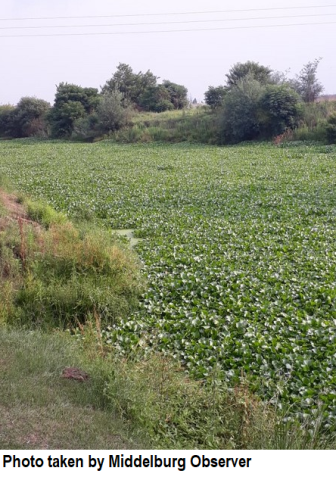
The Upper Olifants River Catchment Forum (UORCF) met on 27 March 2025. The purpose of the UORCF meeting is to discuss the challenges affecting the catchment and to find solutions and action plans. This meeting is convened by the Department: Water and Sanitation.
Problem: Water hyacinth (an invasive aquatic plant) has taken over a 22 kilometre stretch of the Upper Olifant River. This plant also infests the Witbank Dam and threatens the Loskop Dam. Efforts to eradicate the plant are stalled as the budget has not yet been approved.
Water hyacinths have proliferated in the Loskop Dam because of the nutrient-rich water from the Olifants River. The plant’s dense mats block sunlight and consume oxygen, destabilising aquatic ecosystems and threatening native species.
The Loskop Irrigation Board: The Board manages a large-scale African agricultural operation, distributing water across 43,543 hectares with 16,090 hectares under irrigation. The system is known for its contribution to agricultural exports, of citrus fruits, and plays an important role in supporting South Africa’s position in international markets. In 2023, the Loskop Irrigation Scheme’s farms created almost 24,000 jobs, underlining the economic importance of the system to local communities.
Friends of Loskop: Is a dedicated volunteer organisation committed to the conservation of the Loskop Dam Nature Reserve in Mpumalanga. They are involved in projects that focus on the research, breeding and conservation of endangered species native to the area, such as the ground hornbill, black-footed cat and white rhino. Their efforts include the removal of alien vegetation, the donation of essential tools and the maintenance of facilities within the reserve.
Department of Environmental Affairs and Nature Conservation (DEANC): Is responsible for protecting South Africa’s natural resources through policy enforcement, biodiversity conservation, pollution control and climate change adaptation. It focuses on ecosystems such as the Olifants River and ensures water quality.
Participants at the meeting noted that the last Green Drop Report was completed in 2022, and that DWS implemented interventions in the interim. The new Green Drop Report will be available at the end of 2025. These measures have not been effective, as evidenced by the aggressive invasion of the water hyacinth. The hyacinths were first detected in the Bronkhorstspruit Dam in April 2021. The lack of effective management by the DEANC in 2021 has exacerbated the situation in 2025.
At the meeting, DWS confirmed it is waiting for DEANC to take care of the hyacinths in the river and dams. It is the DWS’ responsibility to manage and reduce the pollution and nutrients flowing into the catchment area. The lack of urgent action on the part of the DWS and the municipalities that are not getting their wastewater discharges and treatment plants under control must be highlighted. If this situation continues, it will not only impact aquatic ecosystems but will have a direct impact on jobs.
Tourism and related businesses and the 24,000 jobs in the agricultural sector is at risk. The Mpumalanga Tourism and Parks Agency is responsible for both the Loskop Nature Reserve and the biodiversity in the province. Why is this issue not categorised as a High Priority matter?


